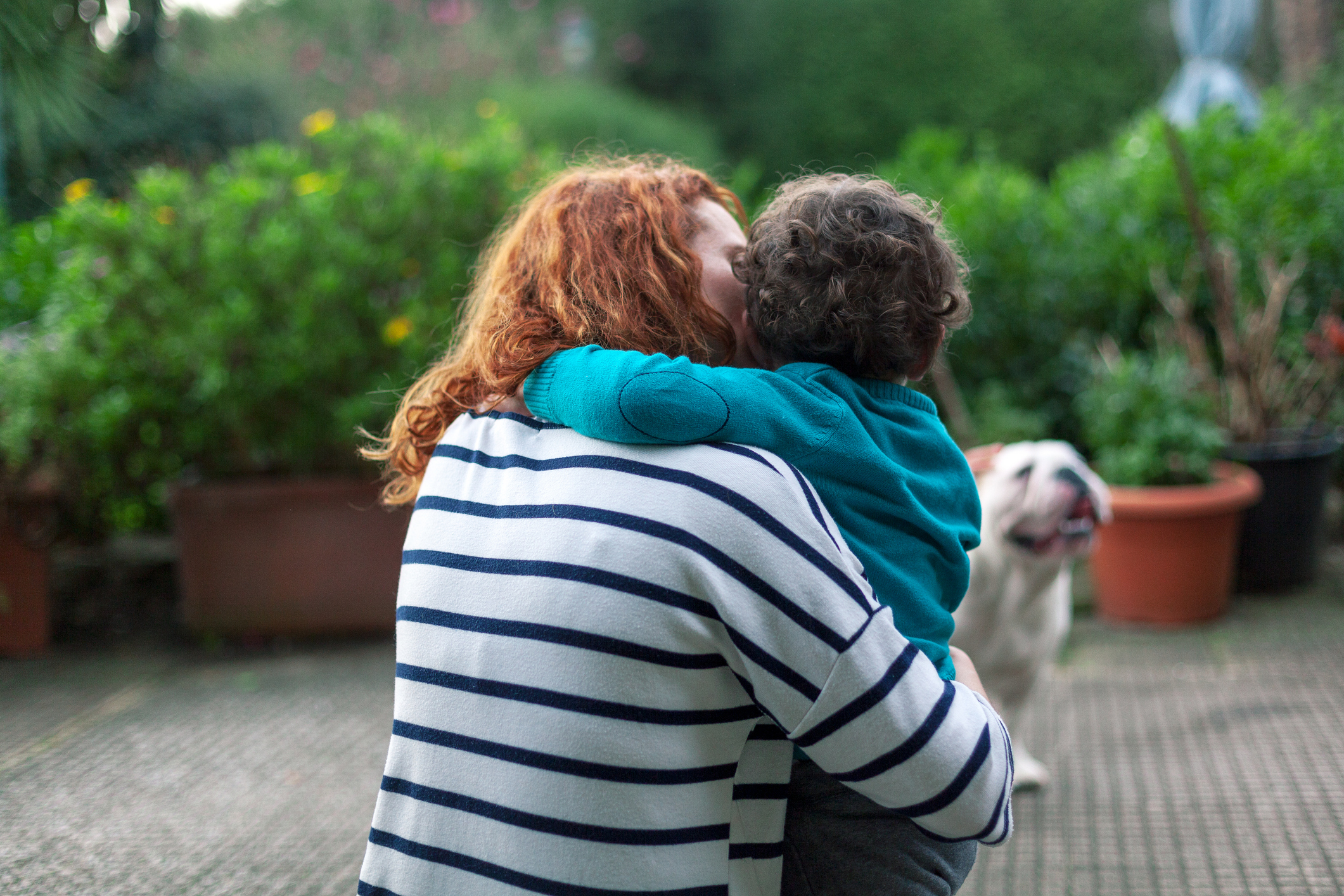
Recently I was having coffee with a friend whose kids had just graduated from high school. She talked about how excited she was for them, one of whom is entering a program to pursue acting and the other who is launching a career in music. I shared in my friend’s excitement, noting how impressed I’ve been by their performances in our community. We’d been talking about them for no longer than five minutes when she gasped, “Oh my god! You just wrote a whole book about not liking kids, and here I am talking about mine.”
As a childfree person who also studies the experiences of non-parents, I hear versions of this comment a lot. In this case, it was polite and well-meaning. In others, it’s less so. But however it’s presented, it’s a reflection of a common misconception about people who choose not have kids: that because we don’t have them, we must not like them.
In researching my book Childfree by Choice, I interviewed 70 people who made the same decision, asking them both about their reasons for forgoing parenthood and the other relationships in their lives. Most of them told me they have at least some connection with children. Some even said that their relationships with children are special precisely because they don’t have children of their own.
Like more than a quarter of the people I interviewed, Susan, a 53-year-old camp director, intentionally sought out a career path that would require her to interact with and be involved in children’s lives. Her mission was to become an advocate for kids, focused on securing a better future for other people’s children without having the potential distraction of being pulled away from that goal by having her own. “There are so many children who are already in this world who need our love and attention,” she said. “This is more important than bringing our own children into it.” I heard similar sentiments from teachers, therapists, social workers, pediatricians and police officers.
Of course you don’t have to dedicate your career to children to have a meaningful effect on their lives. As the only childfree couple among their friends, Jack and Kim enjoy being able to provide occasional relief to the parents in their peer group. “We all have this sort of joke that our house is called Summer Camp,” Jack said. “As the couple without kids, sometimes we have more of an ability to play with their kids than other couples — the kids can see us as a bigger, older friend.”
Other childfree people provide financial support for the children in their lives. Annette, a professor, has helped friends with expenses for their kids. As she said, “I care for them emotionally, of course, but also financially. Anything I can do to help them and their parents, I’m glad to do it.” One 2012 study found that PANKS (Professional Aunts No Kids) spent an average of $387 on the children in their lives in the past year. Another, conducted in Finland, found that women without children invest more in their siblings’ kids than women with children of their own invest.
These roles matter. Research on the impact of non-parental adult mentors shows that having caring adults who are not their parents involved in their lives improves youths’ self-esteem. Adults benefit, too. The childfree people I interviewed said that their relationships with kids provide fulfillment and a sense that they are contributing to a greater good. One study found that while aunts and uncles offer their nieces and nephews advice in dealing with family members as well as other support, it works the other way too. Participants also reported that they formed a friendship with these family members based on shared interests.
It’s true that some childfree people do prefer the company of adults over children, and certainly we should be glad that adults who aren’t fans of kids aren’t having kids. And no one should have to justify their choice to not be a parent by professing their love and adoration of children. Some people want to be parents, some are driven by something else – their marriage, their career, travel, animal rescue, environmental activism. Often, though, the way they spend their time and the role they play in their communities and beyond helps make the world a better place for the kids growing up in it.
We hear proclamations all the time that it takes a village to raise a child, and childfree people too are an important part of that village.
More Must-Reads from TIME
- Cybersecurity Experts Are Sounding the Alarm on DOGE
- Meet the 2025 Women of the Year
- The Harsh Truth About Disability Inclusion
- Why Do More Young Adults Have Cancer?
- Colman Domingo Leads With Radical Love
- How to Get Better at Doing Things Alone
- Michelle Zauner Stares Down the Darkness
Contact us at letters@time.com